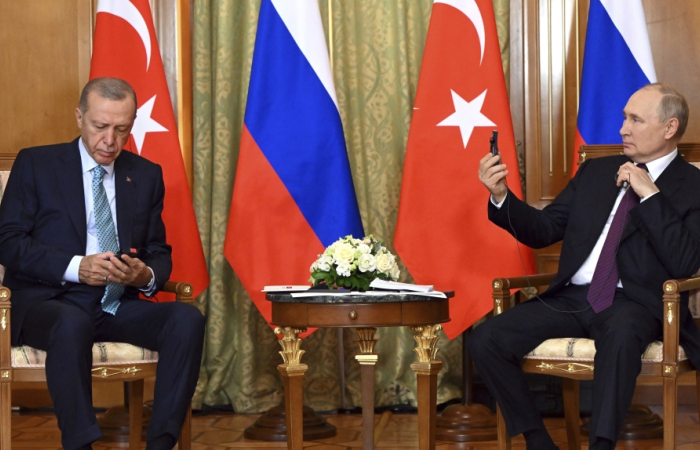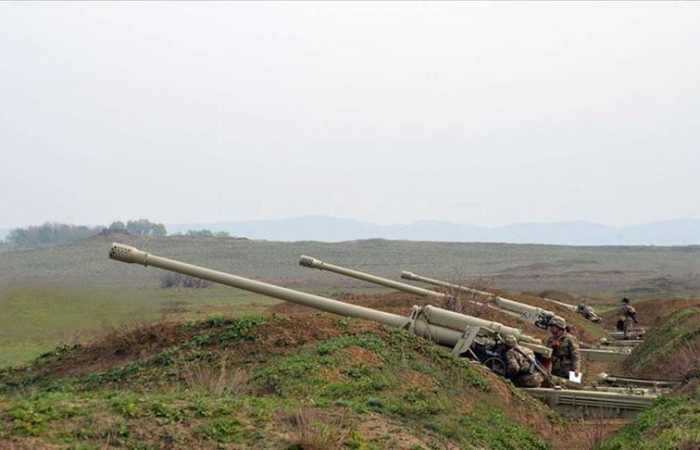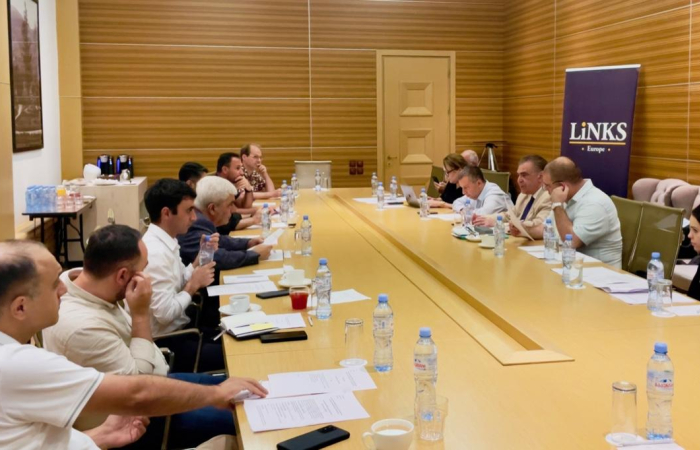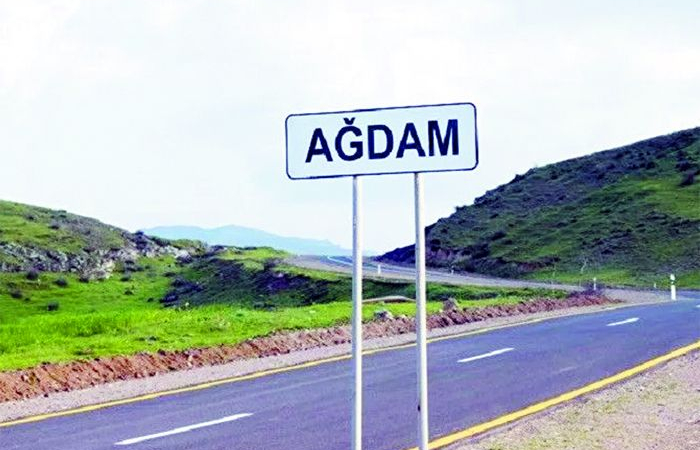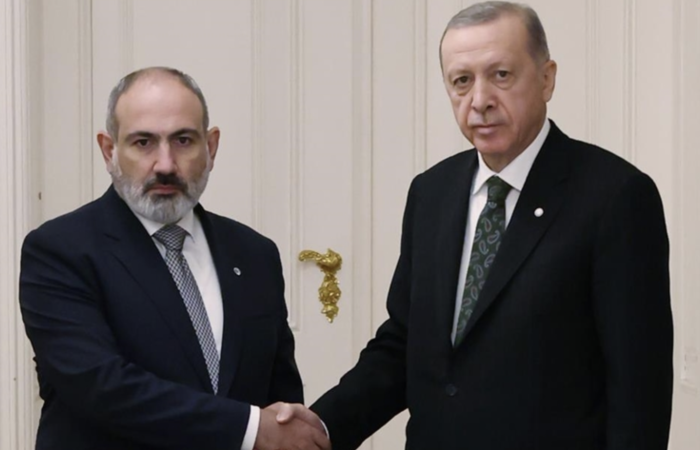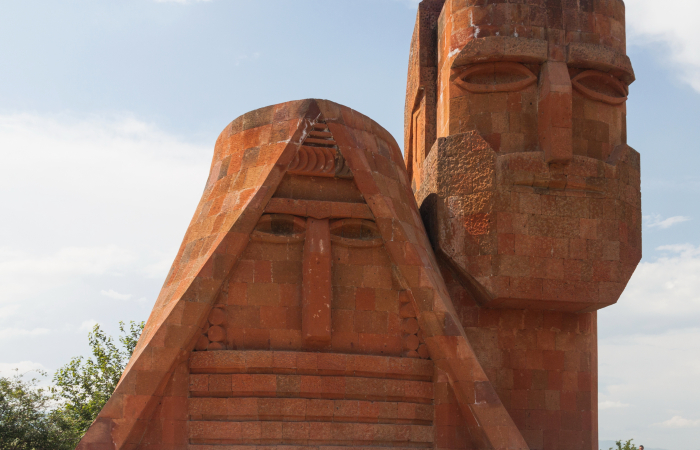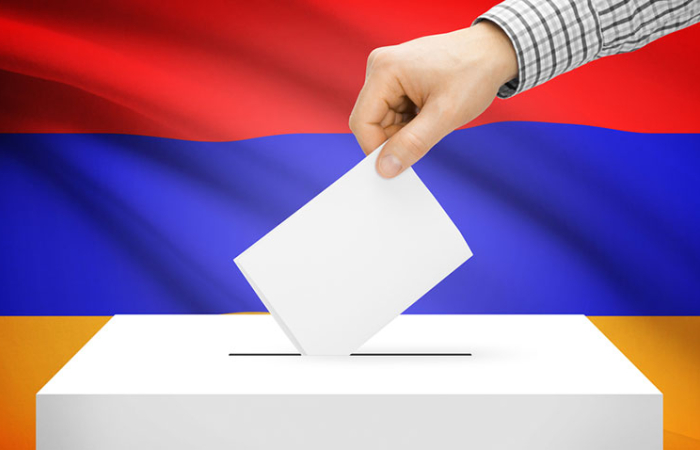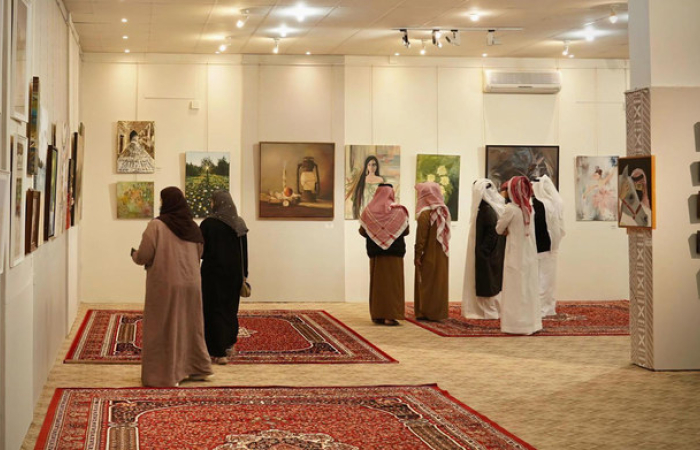Trending
Grain deal dominates talks between Putin and Erdogan, but there are other issues on the agenda too
4 September 2023
Turkish President Recep Tayyip Erdoğan on Monday (4 September) is holding a long-awaited summit meeting with Russian President Vladimir Putin in the Black Sea resort of Sochi.
Central to the discussions is the question of the export of Ukrainian grain to world markets. Türkiye and the United Nations seek to revive a key agreement that allowed Ukraine to export grain and other commodities from three Black Sea ports despite the 18-month war.
The visit comes more than one month after Mosow suspended the deal, which was brokered by Türkiye and the U.N. and was seen as vital for global food supplies, especially in Africa, the Middle East and Asia. Ukraine and Russia are major suppliers of wheat, barley, sunflower oil and other goods that developing nations rely on.
President Erdoğan said the grain deal was the headline issue at the daylong talks between the two leaders. But whilst the grain deal may be the centre-piece of today's discussions there are other issues on the agenda too. Turkiye and Russia have an extensive and complex bilateral agenda which the two presidents are bound to review.
There are also issues related to regional peace and security, including the situation in Syria, where Russian and Turkish interests have often clashed, and the situation in the South Caucasus, where on-going tensions between Armenia and Azerbaijan mar the prospects of a peace deal.
The trip to the Black Sea resort city marks a rare visit by a leader of a NATO country to Russia amid Moscow's all-out war in Ukraine. Erdogan has kept open his lines of communication with Putin



